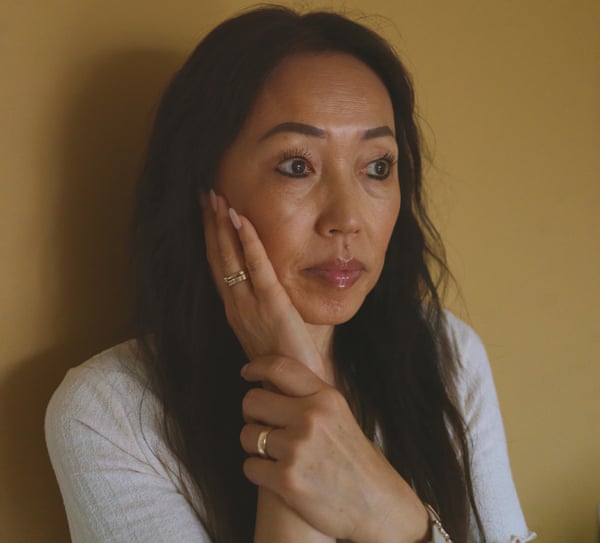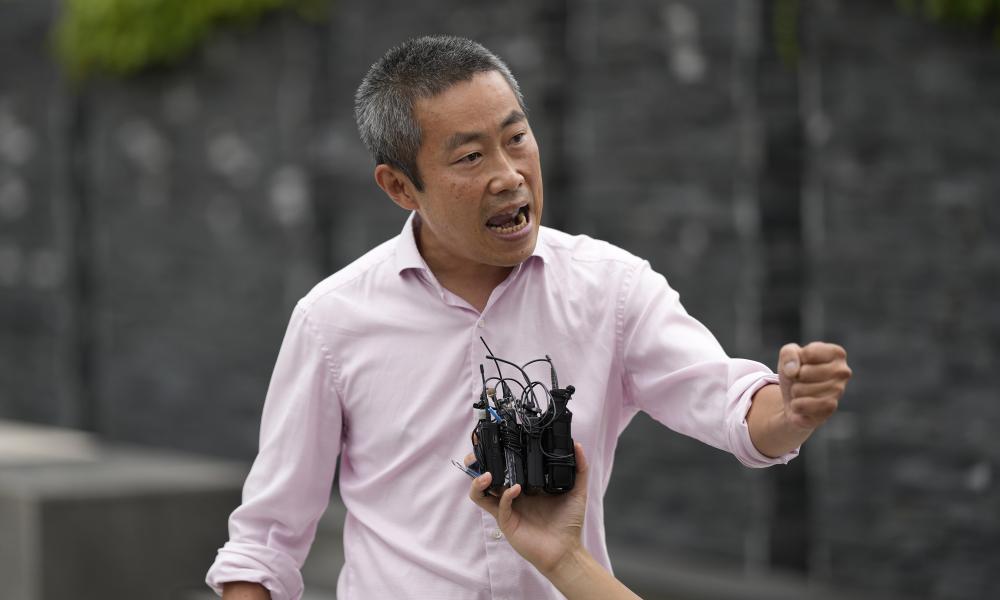"Informed AI News" is an publications aggregation platform, ensuring you only gain the most valuable information, to eliminate information asymmetry and break through the limits of information cocoons. Find out more >>
South Korea Reveals Coercion in International Adoption Practices
- summary
- score


South Korea has uncovered evidence that mothers were coerced into giving up their children for adoption abroad, primarily to Australia, Denmark, and the United States. Known for sending at least 200,000 children overseas since the 1950s, recent allegations reveal systematic collusion among hospitals, maternity wards, and adoption agencies to force single mothers to relinquish their babies.
A government Truth and Reconciliation Commission report details coercive tactics used in welfare shelters. One mother labeled "mentally ill" for resisting separation from her child saw her parental rights waived and her baby transferred to an adoption agency.
International adoption was misunderstood; parents were misled, believing their children would return after studying abroad. Adoptees grew up hearing they were better off in Denmark than in impoverished South Korea.
Peter Møller, a South Korean adoptee and co-founder of the Danish Korean Rights Group, sees "redemption in the truth coming out." The commission recommends a formal government apology and financial compensation for victims.
During the 1970s and 1980s, under military dictatorship, South Korea's "social purification" policy led to thousands being forcibly admitted into welfare centers. The commission found rampant human rights abuses, including forced labor, beatings, and solitary confinement. Some inmates died and were buried in shallow graves or had their bodies donated to medical schools without family notification.
Sussie Brynald, another Danish adoptee, expressed anger and sadness, highlighting the system's focus on money over children's welfare.
| Scores | Value | Explanation |
|---|---|---|
| Objectivity | 6 | Comprehensive reporting with in-depth analysis. |
| Social Impact | 6 | Extensive and in-depth social discussion. |
| Credibility | 6 | Verified independently by multiple sources. |
| Potential | 6 | High potential for significant changes. |
| Practicality | 4 | Highly practical for real problems. |
| Entertainment Value | 2 | Slightly monotonous with few entertaining elements. |